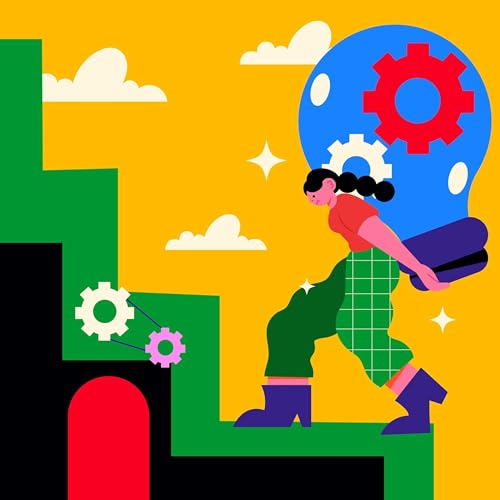Why are so many of us drawn to horror, gore, and true crime? Why do we crane our necks to see the scene of a crash on the highway? Psychologist Coltan Scrivner says that our natural morbid curiosity serves a purpose. We talk with Coltan about our fascination with tales of murder and mayhem, and what this tendency reveals about our minds.
In this episode, you'll learn:
*Why there's often a surge of interest in scary entertainment after a violent or tragic incident in the real world.
*The potential evolutionary roots of our curiosity about scary events or violent stories.
*What researchers have found about the impact of scary movies and books on the people who watch them.
*How horror content can be a vehicle for connecting with other people.
*What we know about the personality traits of people who are drawn to dark and sinister stories.
If you have a question or personal story related to today's episode that you'd be willing to share with the Hidden Brain audience, please record a voice memo on your phone and email it to us at ideas@hiddenbrain.org. Use the subject line "scary."
Looking for the perfect holiday present for the Hidden Brain fan in your life? We've got you covered. Give your loved one a gift membership to Hidden Brain+, or visit our online shop for t-shirts, mugs, totes, and more! Here's another idea: grab tickets for one of our upcoming live shows. We'll be in Philadelphia on March 21 and New York on March 25. Thanks and Happy Holidays!
This December, Hidden Brain is proud to join #PodsFightPoverty. We're teaming up with other podcasts to raise funds to lift three villages in Rwanda out of extreme poverty. Your donation goes directly to the families who know best what they need. Visit GiveDirectly.org/HiddenBrain to make a difference for someone who needs it most.
Episode image by Riswan Ratta for Unsplash+
Hosted by Simplecast, an AdsWizz company. See pcm.adswizz.com for information about our collection and use of personal data for advertising.
 Dec 29 20251 hr and 33 mins
Dec 29 20251 hr and 33 mins Dec 22 20251 hr and 37 mins
Dec 22 20251 hr and 37 mins Dec 15 20251 hr and 32 mins
Dec 15 20251 hr and 32 mins Dec 8 202551 mins
Dec 8 202551 mins Dec 1 202552 mins
Dec 1 202552 mins Nov 24 20251 hr and 19 mins
Nov 24 20251 hr and 19 mins Nov 17 20251 hr and 37 mins
Nov 17 20251 hr and 37 mins Nov 10 20251 hr and 30 mins
Nov 10 20251 hr and 30 mins
